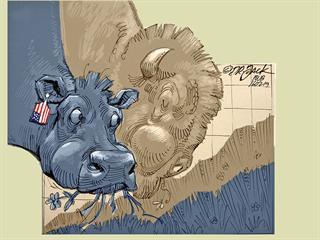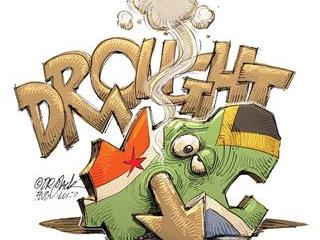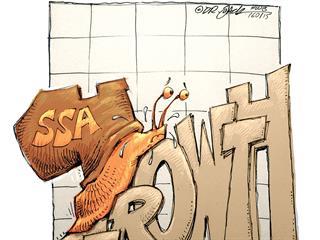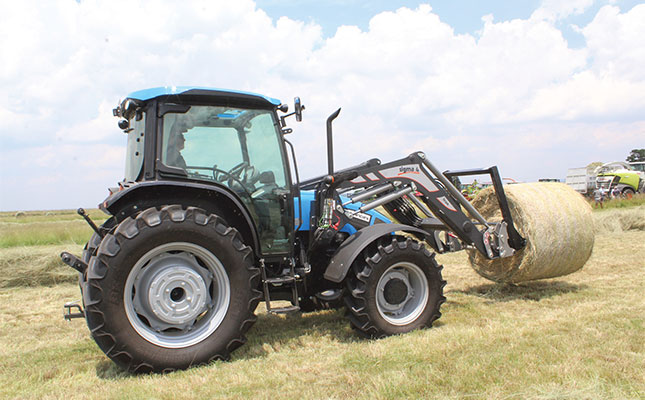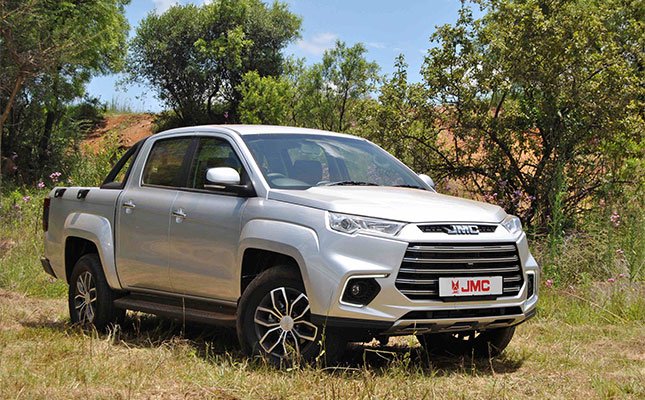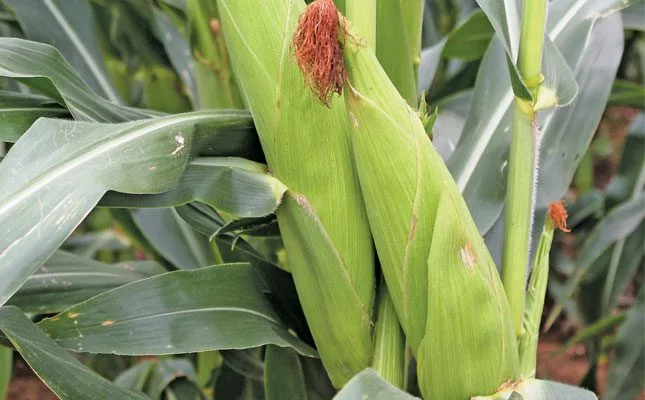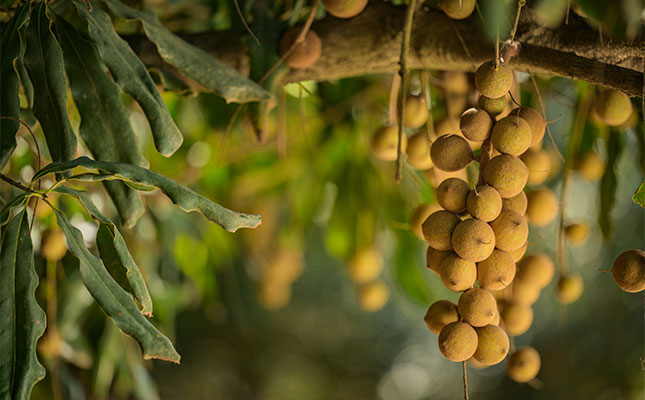Emerging from a problematic past
This issue celebrates Farmer’s Weekly’s 105th anniversary, as well as some of the agricultural family businesses that have helped to shape the farming sector in South Africa.
Explore agritourism opportunities
Agritourism is by no means a new concept, but it is perhaps a business opportunity that too few South African farmers have seriously considered.
Watch out – the Fourth Industrial Revolution is coming for you!
I followed the World Economic Forum’s recent 2016 Annual Meeting in Davos closely because of the main theme of this year’s gathering: The Fourth Industrial Revolution.
The case against holistic management
Roelof Bezuidenhout summarises a study by American ecologist, Dr John Carter, and five
other researchers, who question the holistic management grazing system’s assumptions
about grasslands and how they are grazed.
Why is it important to brand?
Now is an excellent time for South African products to enter global markets, according to
Prof Melville Saayman, director of Tourism Research in Economic Environs and Society at
North-West University. He explains why the branding of our agricultural products is so important.
History may repeat itself, again
As a result of the drought ravaging large parts of Southern Africa, South Africa’s national beef herd has been reduced by almost a third.
A great online place to shop
With free shipping on many items, Aliexpress helps you to beat the weak rand.
A future for farming in SA
Working for Farmer’s Weekly, I am often asked whether I think there is a future for farming in South Africa.
Use your phone as an interpreter
Most of us struggle with foreign languages while abroad. Here is the answer.
The realities of maize imports
Many countries in Southern Africa will have to import large volumes of maize to make up for the shortfall caused by the drought in the region. Manager of international trade and investment intelligence at the Agricultural Business Chamber (Agbiz), Tinashe Kapuya, explores possible sources of maize imports and how South Africa will cope with these high volumes.
Counting the cost of a 1% tax hike
South Africans will soon hear how much more it will cost them to live in SA in 2016.
Why precision farming is here to stay
To date, I’ve written about many technological marvels that are changing the agricultural landscape bit by bit – from drones, to cloud computing and renewable energy, from water optimisation to virtual fencing.
Farming’s value to society
American poet and farmer, Wendell Berry, writes: “Why should conservationists have a positive interest in farming? There are lots of reasons, but the plainest is: conservationists eat.”
Dire long-term drought fallout for Southern Africa
Schalk Pienaar, Agbiz chairperson, says that the current drought is by far the worst he has experienced in his 35-year career in agriculture. The effects will have an impact on the entire Southern African economy and consumers can expect a major spike in food prices from August.
Time to put the economy first #SONA2016
Dr Frans Cronje of the SA Institute of Race Relations sets out the policy objectives that President Jacob Zuma should emphasise in the State of the Nation Address to rescue South Africa’s struggling economy.
The Bill is back!
The one word that fills many South African farmers with even more trepidation than the thought of payday on the farm echoed through the halls of Parliament again recently, when the Portfolio Committee of Public Works resolved to adopt the latest version of the Expropriation Bill of 2015.
Slow growth in the year ahead
Weak growth among major emerging markets will weigh on global growth in 2016, according to
the World Bank’s January 2016 Global Economic Prospects. Sub-Saharan Africa could face muted
growth due to low commodity prices, power capacity constraints and China’s economic slowdown.
This, my last editorial
When I first walked into the offices of Farmer’s Weekly thirteen years ago, I could never have foreseen the impact that its staff and readers would have on my life. It was just another job, I thought.
A birding app with conservation benefits
BirdLasser makes it easy to record your bird sightings with a central database, says Greg Miles.
Gaining perspective
Farmer’s Weekly business columnist Peter Hughes reflects on the state of South Africa and the world, and in doing so realises that there’s nowhere else on Earth he’d rather be.
- ADVERTISEMENT -
- ADVERTISEMENT -
MUST READS
- ADVERTISEMENT -


